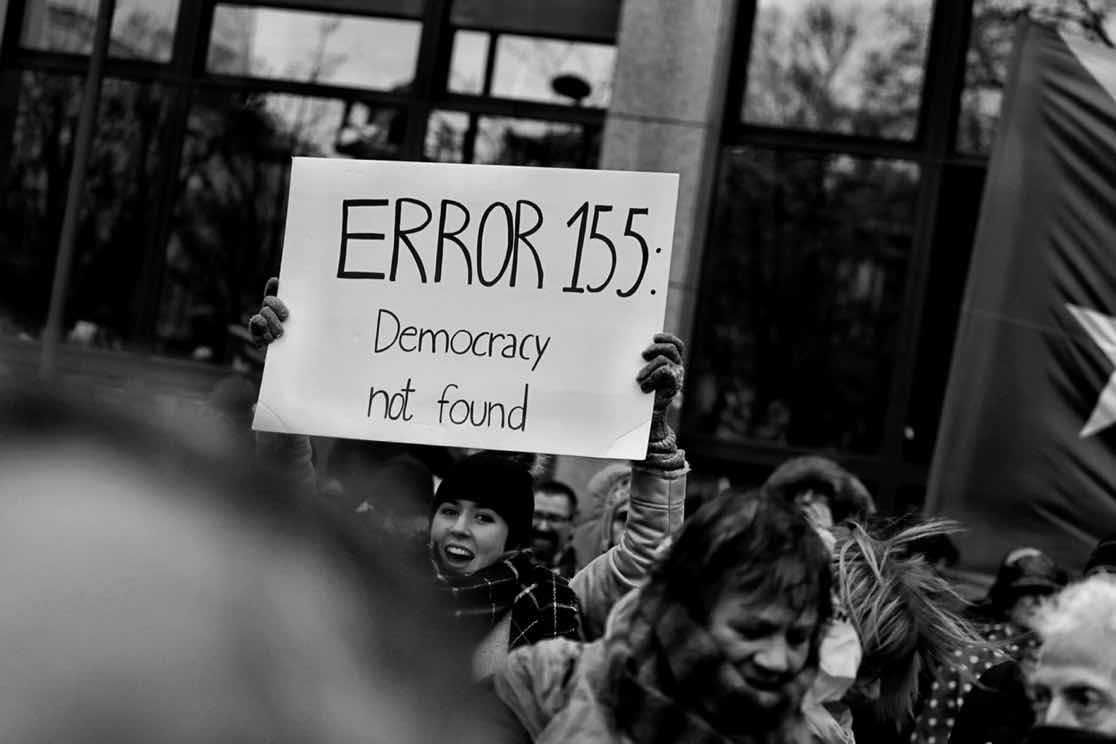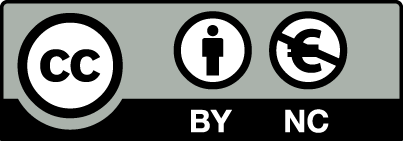
The Lobbyist Problem
Have you ever played a game of cards? Most of these games involve some form of symmetry: the rules that apply to you are also the rules that apply to the other participants. If this symmetry does not hold, we say that the game is not fair. One important rule in such games is secrecy: can the opponents see the cards in your hand or not? Secrecy gives a tremendous advantage because it makes your play harder to predict.
The lobbyist system is like a card game. It is unfair because it has an asymmetry built into it: some lobbyists’ cards are more secret than others. It’s like some card players have a mirror behind them while others do not.
In order to understand why this discrepancy exists, we first need to make a distinction between the different organizations that make use of lobbyists. We can think of these organisations to be on an axis between bottom-up, people-supported organizations and top-down, elite-supported organizations. These organizations differ in the means by which they can get power. Because bottom-up organizations are dependent on a large number of people, they are often forced to be very communicative and intrinsically transparent. In contrast, top-down organizations draw their power from a small number of people with a lot of power—often economic power. This allows them to be more secretive about their aims and lobbying strategies.
How can we fix this unfairness?
Either we make bottom-up organizations more secretive, or we make top-down lobbying more public. The former is unwanted because it would reduce its bottom-up character and hence lower the quality of our democracy. It is through secretive lobbying that corruption in its various forms and weak (or false) evidence can corrupt political decision making.
Additionally, although secrets can be more efficient, secrecy creates a more fragile system. This is why open-source cryptography should be preferred to security through obscurity. Once a secret is unveiled, it is almost impossible to make it secret again.
What's the solution?
In my book, The Flaws That Kill Our Democracy, I suggest a solution to this problem by the use of inclusive parties and the prohibition of lobbyists. Inclusive parties allow us to increase the number of parties and to have them be much more specialized. This enables them to overtake the function that lobbyists currently have. But, in contrast to the lobbying system, the public character of this system would be much more intrinsically guaranteed. Not only do these inclusive parties need votes for them to have any power—hence the need to communicate their intentions publicly. They also exert their power to suggest law proposals directly in parliament by public procedures. This would not exclude top-down organizations, but it would make it much harder for them than in the current system.
